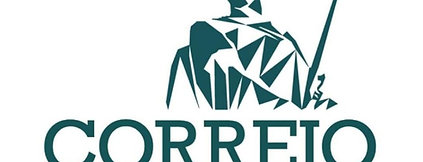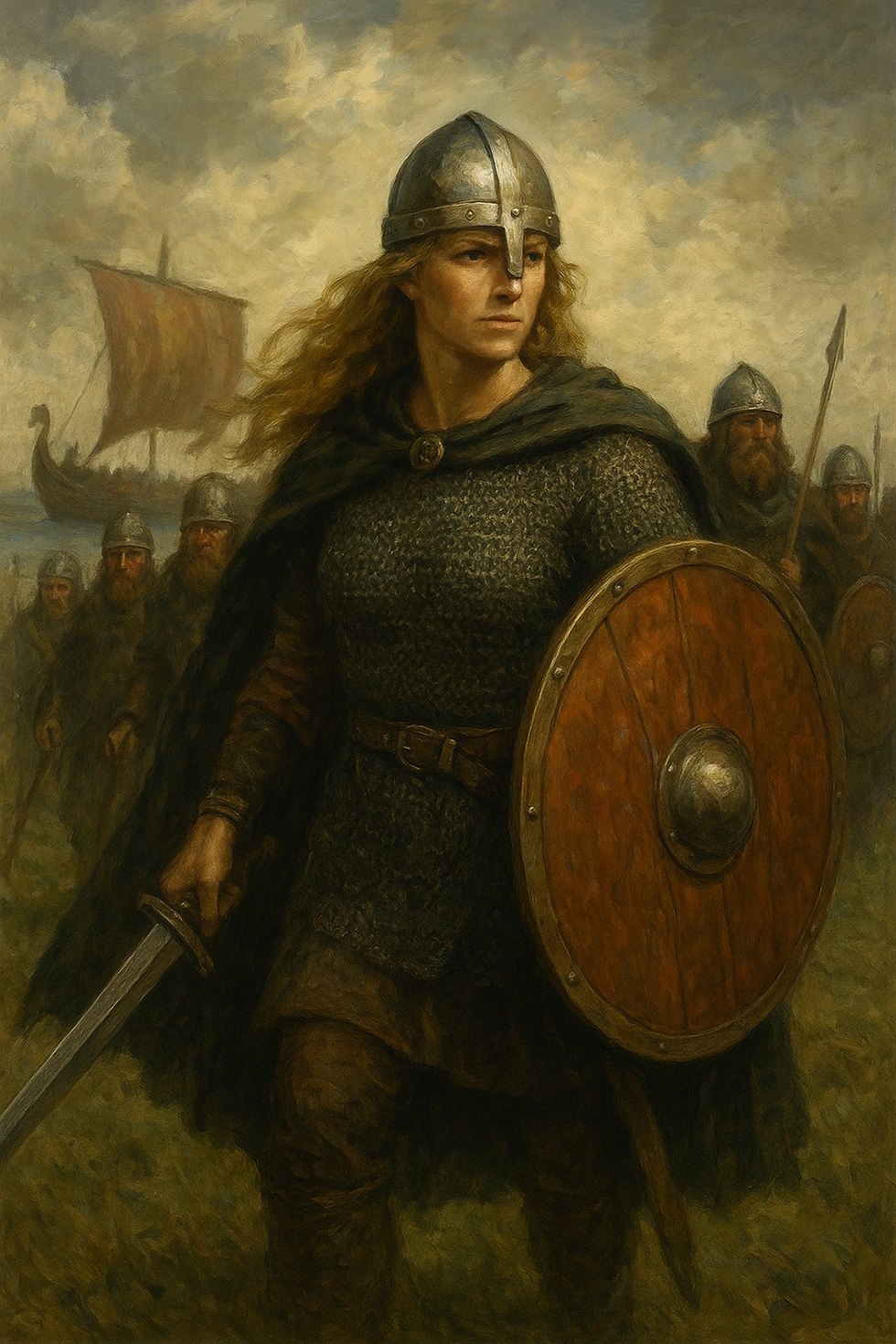The Portuguese Toast that Founded the United States of America
- correio_da_historia

- Sep 5
- 2 min read

Rarely has history been so generous to the Portuguese as on that 4th of July, 1776. In Philadelphia, gathered at the Continental Congress, the representatives of the thirteen colonies dared to challenge the greatest empire of their time. By signing the Declaration of Independence, they not only founded a nation that would transform the world, but also raised an inaugural toast. The detail, often forgotten, is that the toast was not made with French champagne or English beer. The wine chosen came from Madeira.
The connection between the Portuguese archipelago and colonial America was no accident. Madeira wine, fortified and able to withstand long sea voyages without losing quality, became a drink of choice in Boston, New York, and Charleston. George Washington, John Adams, Thomas Jefferson, and Benjamin Franklin were accustomed to drinking and serving Madeira wine in their homes. More than mere consumption, the act of serving this wine represented social refinement and autonomy, since unlike European wine subject to heavy British taxes, Madeira wine circulated more freely, escaping London’s customs policies.
The taste for Portuguese wine also revealed a political stance. In a sense, Madeira wine acted as a silent ferment of American independence, fueling opposition to restrictions imposed by the British Parliament. The famous Madeira Wine Riots in Charleston in 1768 clearly demonstrated how a Portuguese commodity was intertwined with the daily life of the colonies.
Less known is the fact that Thomas Jefferson had a special section built in his Monticello cellar to store Madeira wine, with a ventilation system designed to maintain the proper temperature. The third U.S. president considered it irreplaceable and even recommended it in letters to American diplomats in Europe.
Another curious detail concerns George Washington’s oath as the first president in 1789, celebrated in New York. After the solemn ceremony, the glasses were raised again with Madeira wine, confirming that the young republic had not forgotten the drink that had already marked the founding act of 1776.
The moment of celebrating American independence, with glasses filled with wine grown on Madeira’s steep slopes, carried more than political celebration. The gesture reflected a discreet and profound Atlantic link, connecting a small European country with the genesis of the greatest modern republic.
The significance of this gesture endures. Portugal, often remembered only for its caravels and treaties, also left its mark in unexpected moments. A bottle of wine served at the right time was enough to enter the heart of history.
Paulo Freitas do AmaralProfessor, Historian and Author





Comments